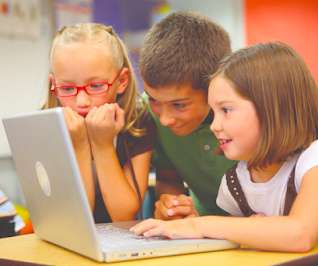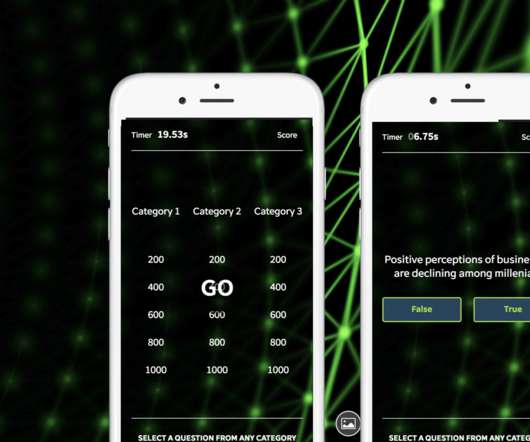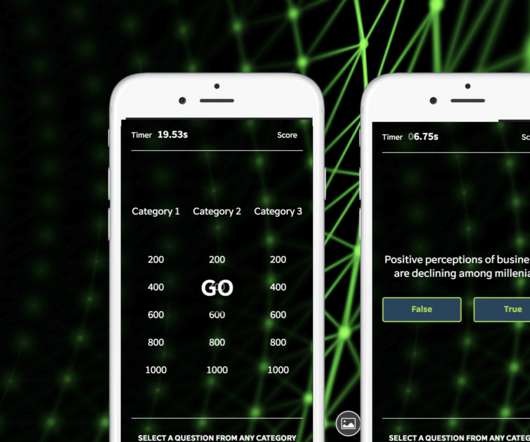Online training in empathic mode
KnowledgeOne
SEPTEMBER 24, 2020
Among its approaches, the pedagogy of empathy is one that can be implemented even in simplified elearning solutions. The first refers to the ability to feel the emotional state of the other. An analysis that, he adds, helps us better understand how we feel and manage our sympathetic reactions. Empathy in two dimensions.


























Let's personalize your content